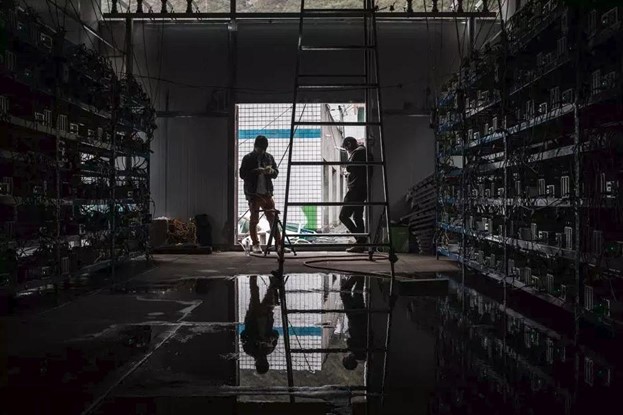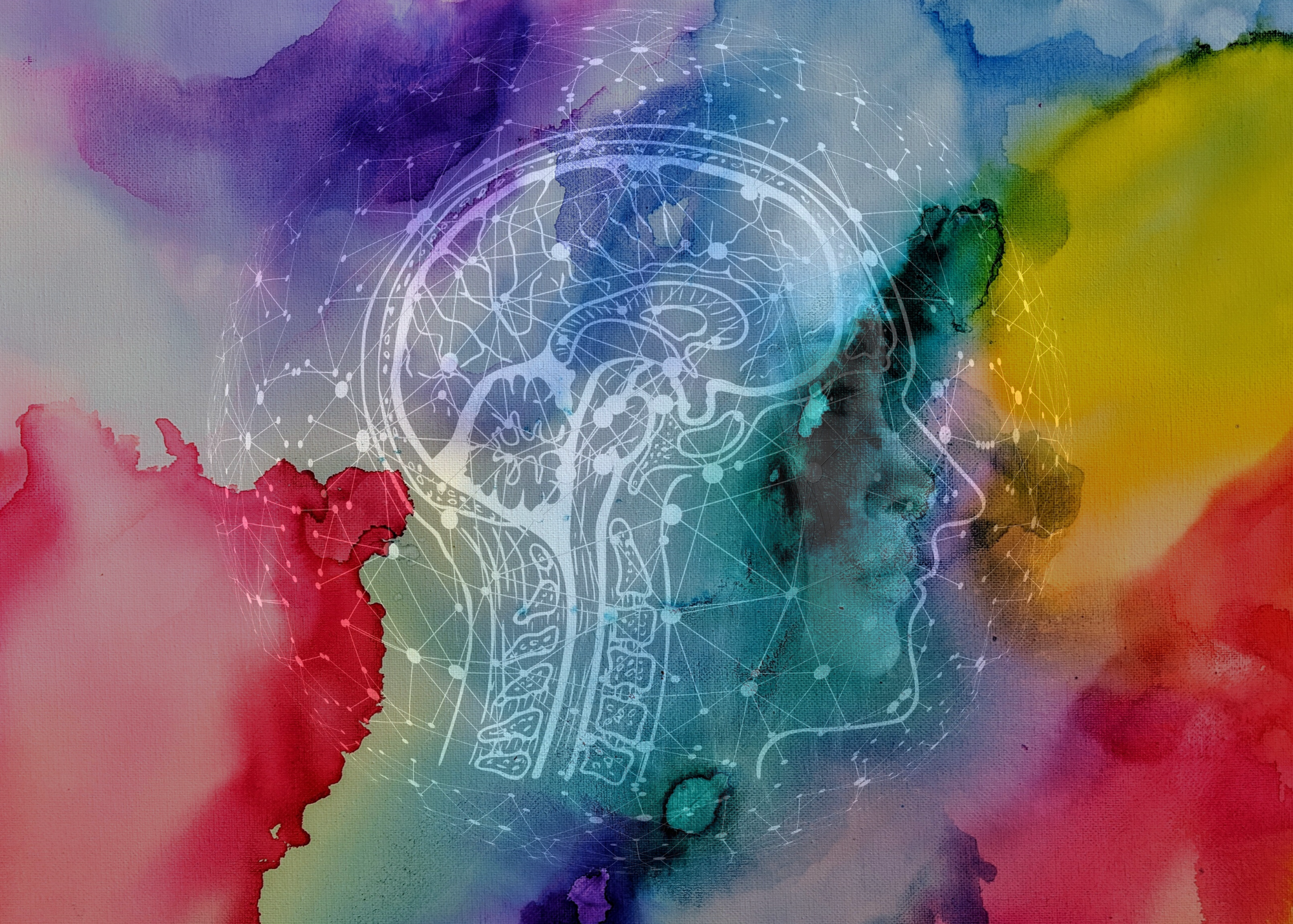Based at the IT University of Copenhagen, the section of Technologies in Practice conducts qualitative studies of technologically mediated practices in organisations and everyday life.
The vast majority of societal challenges demand critical engagement with contemporary technologies.
Our interdisciplinary environment provides students and researchers with the resources necessary for analysing entanglements of the social and technical with and through IT.
News
Critical Systems Lecture Series: Brokerage: Mediating Datafication, Citizenship and the City
Tomorrow on 5th of February, 10:30-12:00, in 3A08, a Critical Systems lecture will take place. Datafication is transforming citizenship in cities around the world by introducing new relationships between citizens and governments. This paper examines how the emergence of various forms of data brokerage by companies as well as civic entities recasts notions of citizenship […]
ConflictIT: Technologies in Conflicted Cities
ConflictIT is an interdisciplinary research project dedicated to investigating technologies, collaboration, and politics as these emerge in tech start-up companies located within the geographical region of the Palestinian-Israeli conflict. What makes this case particularly interesting is the unique collaborative setup, with IT developers located in two offices that are only 13 miles apart, however, the […]
 TiP on Mastodon
TiP on Mastodon
- UntitledSuper proud of TiP member Irina Papazu for winning the Freeman Award, with co-editor Andreas Birkbak for the book "Democratic Situations". The prize will be awarded at the #EASST4S24 conference - for mroe see here https://tip.itu.dk/2024/07/04/democratic-situations-wins-the-freeman-award/
- UntitledWondering what to go and see at 4S/EASST this year? Take a look at the TiP Panels and presentations - quick summary here. https://tip.itu.dk/2024/07/04/4s-easst-making-and-doing-transformations/ #EASST4S24
Research
We are an interdisciplinary group, with a shared interest in qualitative studies of technologically mediated practices. Our work is funded by the Danish Research Council, European Union's Horizon 2020 program, Carlsberg Foundation, Innovation Foundation, Novo Nordisk and the Velux Foundation.
Teaching
We closely integrate our role as educators with our work as a research group. Our international faculty use insights from around the world in their teaching. Our teaching draws on disciplinary backgrounds such as information studies, history, anthropology, sociology, and critical computer science. We aim to help students address the critical questions arising at the intersection of society and technology.




